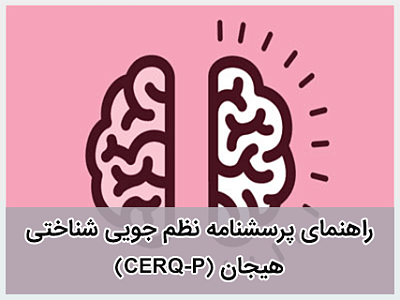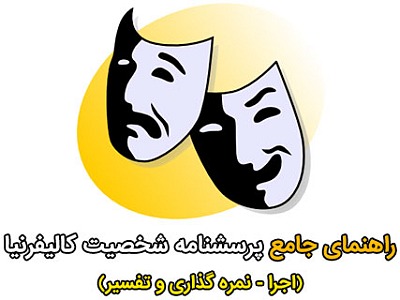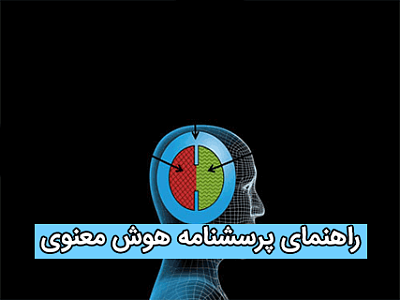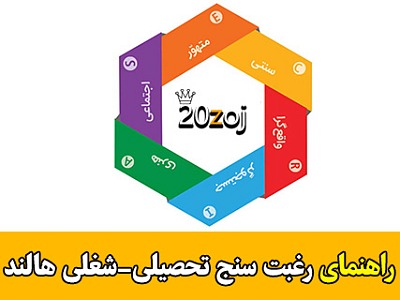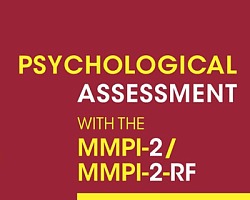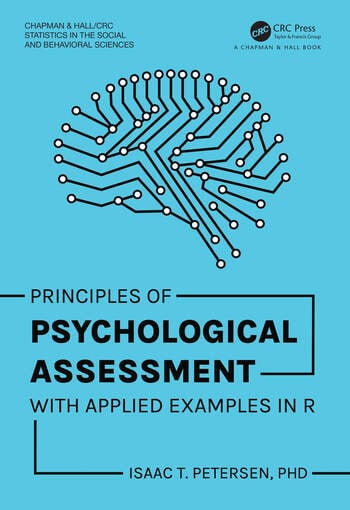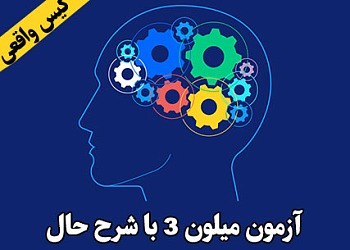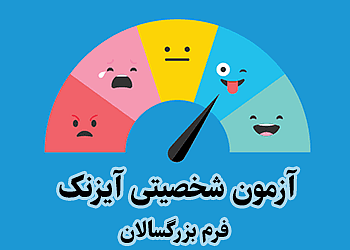📗 ناشر : Chapman and Hall/CRC
📝 نویسنده : Isaac T. Petersen
💯 شابک : 9781032413068
📆 سال انتشار : 2024 - 1rd Edition
📖 تعداد صفحات : 647
🌏 زبان : انگلیسی 🇬🇧
عنوان فارسی کتاب : اصول ارزیابی روانشناختی با مثال های کاربردی در R
This book highlights the principles of psychological assessment to help researchers and clinicians better develop, evaluate, administer, score, integrate, and interpret psychological assessments. It discusses psychometrics (reliability and validity), the assessment of various psychological domains (behavior, personality, intellectual functioning), various measurement methods (e.g., questionnaires, observations, interviews, biopsychological assessments, performance-based assessments), and emerging analytical frameworks to evaluate and improve assessment including: generalizability theory, structural equation modeling, item response theory, and signal detection theory. The text also discusses ethics, test bias, and cultural and individual diversity.
Key Features
Gives analysis examples using free software Helps readers apply principles to research and practice Provides text, analysis code/syntax, R output, figures, and interpretations integrated to guide readers Uses the freely available petersenlab package for R
Principles of Psychological Assessment: With Applied Examples in R is intended for use by graduate students, faculty, researchers, and practicing psychologists.
1 Scores and Scales
2 Constructs
3 Reliability
4 Validity
5 Generalizability Theory
6 Factor Analysis and Principal Component Analysis
7 Structural Equation Modeling
8 Item Response Theory
9 Prediction
10 Clinical Judgment Versus Algorithmic Prediction
11 General Issues in Clinical Assessment
12 Evidence-Based Assessment
13 Ethical Issues in Assessment
14 Intellectual Assessment
15 Test Bias
16 The Interview and the DSM
17 Objective Personality Testing
18 Projective Personality Testing
19 Psychophysiological and Ambulatory Assessment
20 Computers and Adaptive Testing
21 Behavioral Assessment
22 Repeated Assessments Across Time
23 Assessment of Cognition
24 Cultural and Individual Diversity

 کالایی در سبد نیست
کالایی در سبد نیست 